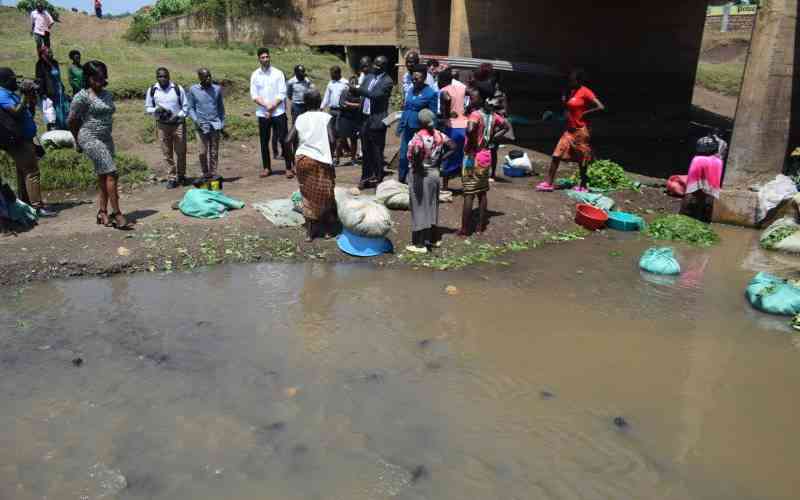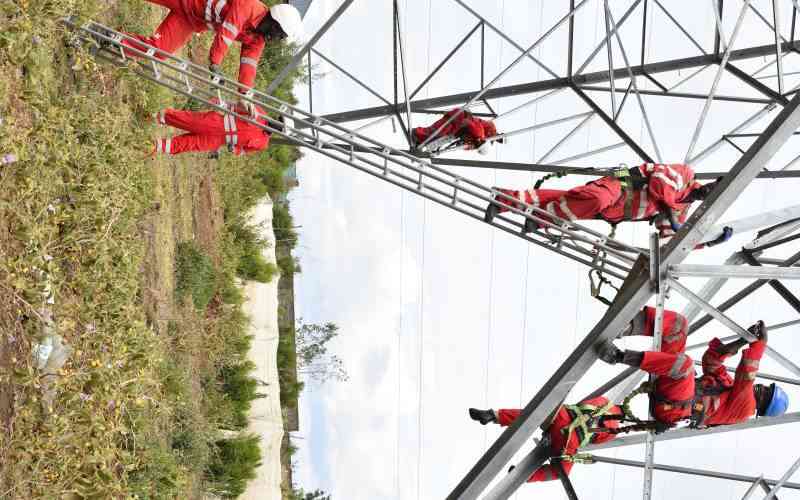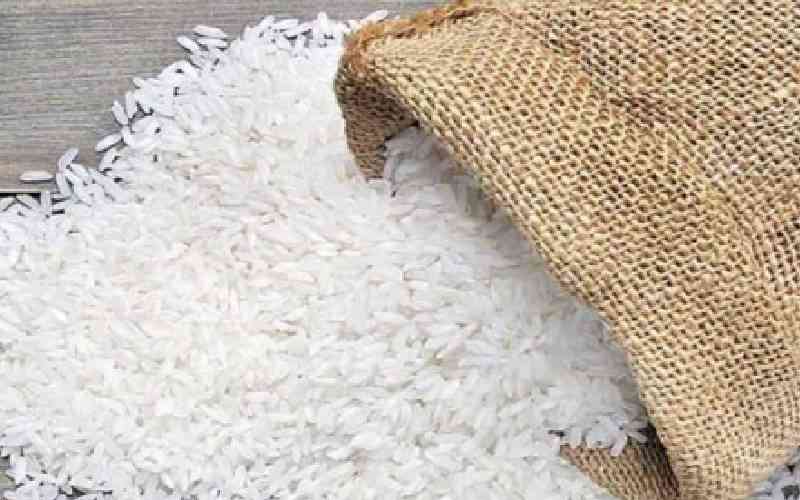
The Government of Israel in collaboration with the Medical Research Institute (KEMRI) and Bay County Government has begun a project for cushioning residents from bilharzia.
Bilharzia is a disease caused by snails and its signs vary from an early itchy rash, fever and aches.
It also leads to chronic complications like abdominal pain, bloody diarrhea, liver enlargement and blood in urine, which can lead to bladder cancer and kidney damage.

Bilharzia is mostly common among Homa Bay residents living along rivers and flood prone areas.
The programme encompasses the use of biotechnology of introducing monosex prawns, living organisms which scavenge on snails. The pawns may prey on baby snails or even cause the death of a snail by repeatedly picking at its skin and eating the slime it produces.
It is expected that the survival of the monosex pawns in water bodies will significantly reduce snail population in the county, thereby reducing bilharzia.
The programme has started by sensitizing residents on preventive measures against bilharzia.
Israeli Ambassador to Kenya Gideon Behar, Homa Bay County CECM for Trade Joash Aloo and KEMRI’s Geoffrey Maina toured various rivers and flood prone areas in Wang’chieng ward, Karachuonyo Constituency.
Speaking at River Rang’wena in Homa Bay Sub-county, Behar said introduction of the prawns will improve health of the area residents.
“We have witnessed infestation of snails in the water bodies in this county. Israeli experts are going to introduce monosex prawns which will eat the snails which is the vector for belharzia,” said Behar.
He said the snails are also prevalent in rice growing fields where they damage the crop.
“By reducing the number of snails, we are going to boost rice production besides improving health of residents,” Behar said.
Dr Aloo said urged residents to observe measures for preventing their skin contact with snails in water bodies.
The measures include putting on gumboots when fetching water from a water body.
Stay informed. Subscribe to our newsletter
He also urged those who use water directly from rivers to fetch water and use it on dry land.
“Let our people avoid walking in a water body on bare foot or in shoes which expose their skins to direct contact with water. Fetch water and use it outside the water body or put on gumboots to prevent infection of bilharzia,” Dr Aloo said.
He urged residents to focus on preventing bilharzia instead of contracting it and going for treatment later.







